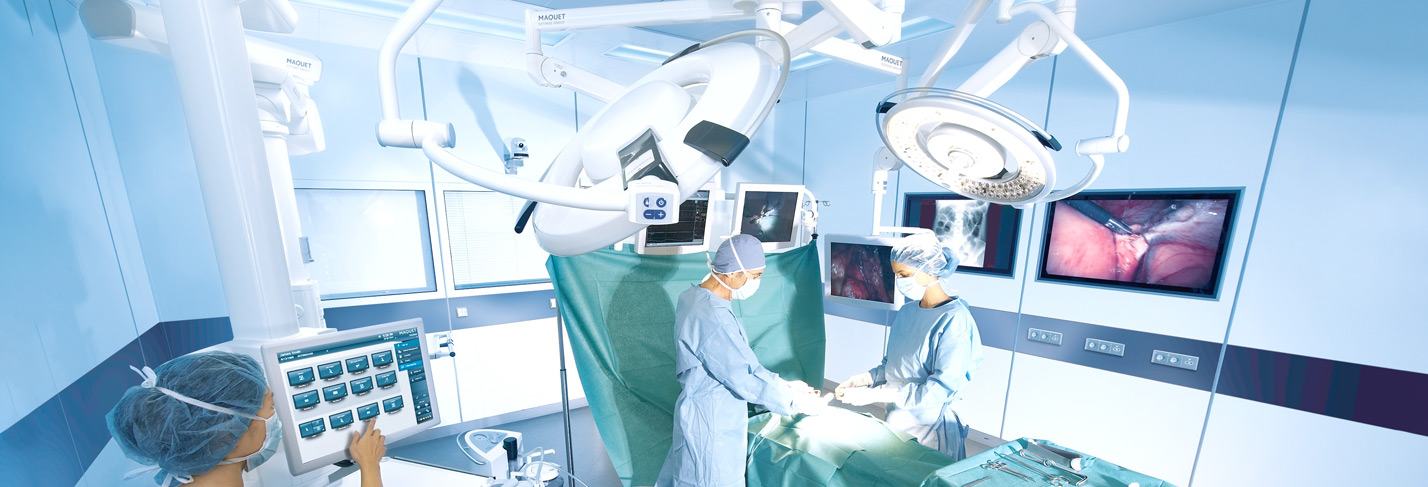Advanced Laparoscopic Surgery
Ask the Experts

Laparoscopy is a type of surgery that uses smaller cuts than you might expect. The process takes its name from the laparoscope, a slender tool that has a tiny video camera and light on the end. When a surgeon inserts it through a small cut and into your body, they can look at a video monitor and see what’s happening inside you.
Advanced laparoscopy is an open surgery where an incision is made in the skin of the abdomen. The incision can be up to several inches in length, but is usually no more than a 1/2 an inch in length. Advanced laparoscopic surgery is also known as minimally invasive surgery.
How advanced laparoscopic surgery performed?
When a surgeon performs laparoscopic surgery, he or she will use an instrument known as a laparoscope. A laparoscope is a long, slim instrument that is administered into the abdomen after the surgeon makes the incision. The laparoscopic is attached to a tiny camera, which enables a surgeon with the ability to see the abdominal and pelvic organs on a television screen. When a surgeon needs to fix a problem with one of the organs, other instruments may be used as well. If there is a problem, then the instruments that are used can be inserted through the incision that was used to insert the laparoscope, which is known as a single site laparoscopy.
What are the advantages of advanced laparoscopic surgery?
There are many advantages to this type of surgery.
- When a patient has advanced laparoscopic surgery, there will be less pain during recovery as opposed to open abdominal surgery.
- Patients who receive advanced laparoscopic surgery often recover faster than those who had open abdominal surgery, which is because the smaller incisions that are made during the procedure.
- Advanced laparoscopic surgery also results in smaller scars than open abdominal surgery, and this surgery decreases the risk for infection.
What are the risks associated with advanced laparoscopic surgery?
Although laparoscopic surgery is safer than open abdominal surgery, it can take longer to perform. When a patient is under anesthesia for long periods of time, it can result in an increased risk for complications. With this type of surgery, complications may take a few days to a few weeks to appear. Other risks that are associated with advanced laparoscopic surgery include:
- Internal bleeding
- Blood vessel or organ damage
- Infection
When advanced laparoscopic surgery is performed?
Advanced laparoscopic surgery can be used during tubal sterilization, and it is an option when a patient has a hysterectomy. When laparoscopic surgery is used for a hysterectomy, a surgeon will detach the uterus inside the body, which is then removed in pieces through the incisions.
Advanced laparoscopic surgery can also be used to determine what is causing pelvic pain or to examine and remove a pelvic mass. A surgeon can also perform advanced laparoscopic surgery to determine the cause of infertility.

 WhatsApp us
WhatsApp us